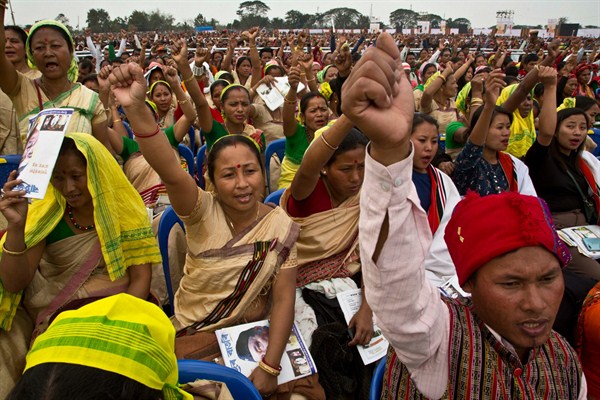A year ago, there were premature predictions that the populist wave would soon crest around the world. Yet sure enough, populists then won elections in Brazil, Italy and Mexico. Now, some political observers are again arguing that populism has already peaked, even though populist leaders like the Philippines’ Rodrigo Duterte maintain extraordinarily high popularity, with one recent poll showing Duterte’s approval rating at 81 percent.
Populism “faces its darkest hour” in 2019, Gideon Rachman recently predicted in the Financial Times. Max Fisher claimed in The New York Times that populism had a “rocky” time in the West last year, citing, among other things, the Democratic Party’s gains in the U.S. midterm elections and mixed election results for Poland’s populist Law and Justice party in local elections. Fisher cited Cas Mudde, a Dutch political scientist and leading scholar of populism, who “has predicted that the movement’s once-meteoric rise will become ‘modest’ and ‘uneven’ in 2019, with more setbacks ahead.”
To be sure, some populists in North America and Europe are struggling, whether in government or, like the far-right Alternative for Germany, to grow their appeal and build coalitions that could propel them to win local and national elections. Nonetheless, the populist wave seems more likely than not to keep rising this year and next, with potential new victories on the horizon.

